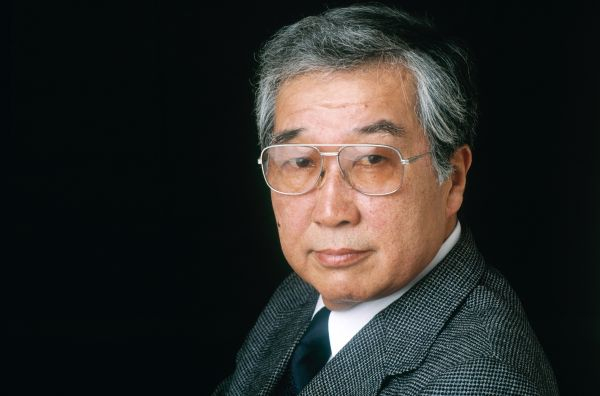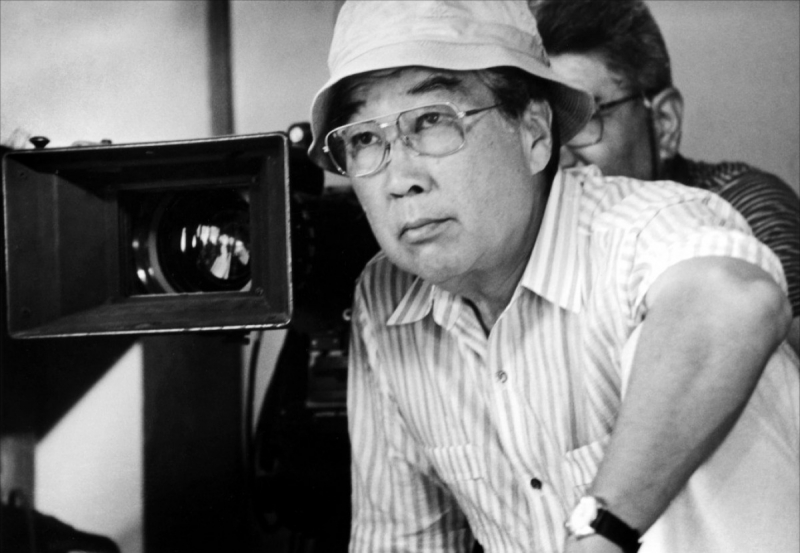Shohei Imamura
Shohei Imamura was among the greatest Japanese filmmakers of all time. Throughout his entire career as a director/filmmaker, his primary interest lies in detailed depictions of Japanese society's lower strata. As a key person in Japanese New Waves and continuing to produce films into the twenty-first century, Shohei Imamura is the first and only Japanese director to earn more than one Palme-d'or medal.
The famous actor grew up in a middle-class family. During the brief period after the war's end, he joined black markets to sell liquor and cigarettes, while studying Western histories at the University of Waseda. Still, the activities he spent the most time on are those that are related to politics and theaters. According to him, Rashomon (Akira Kurosawa's 1950 works) is his greatest inspiration, and he viewed the work as an implication of Japan's new expression of freedom after the war.
Imamura's films are not exactly the same as the directors he took inspiration from, but the most common thing among them is that they both included real-life Japanese society elements in the pictures. Shohei Imamura said, "I always have a lot of questions about Japanese people, since they are the only individuals I am qualified enough to describe."
Shohei Imamura expressed his surprise about his film's positive feedback overseas, doubting that the foreign audience actually understood what he was trying to convey.
Years: 1926-2009
Notable works: Vengeance is Mine, The Eel, The Insect Woman








